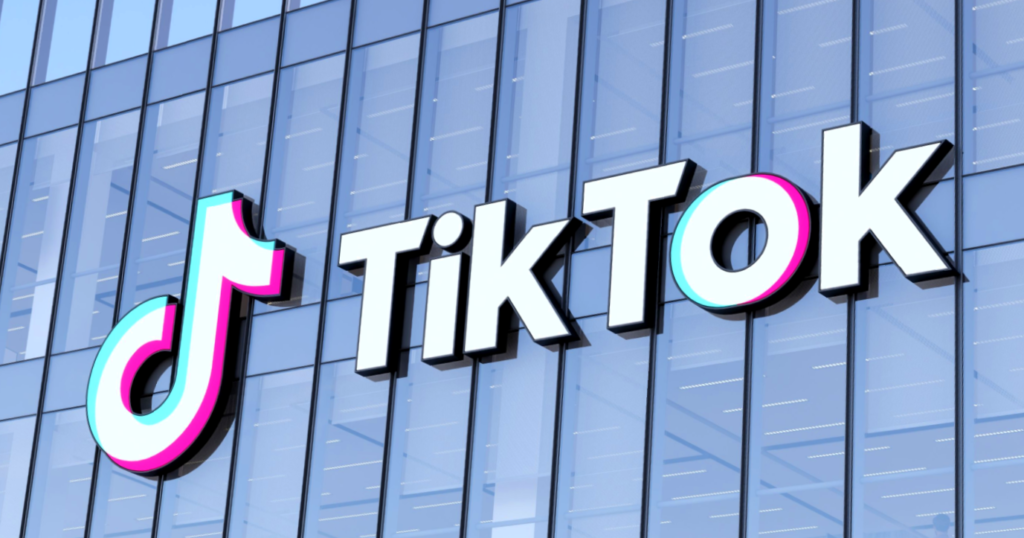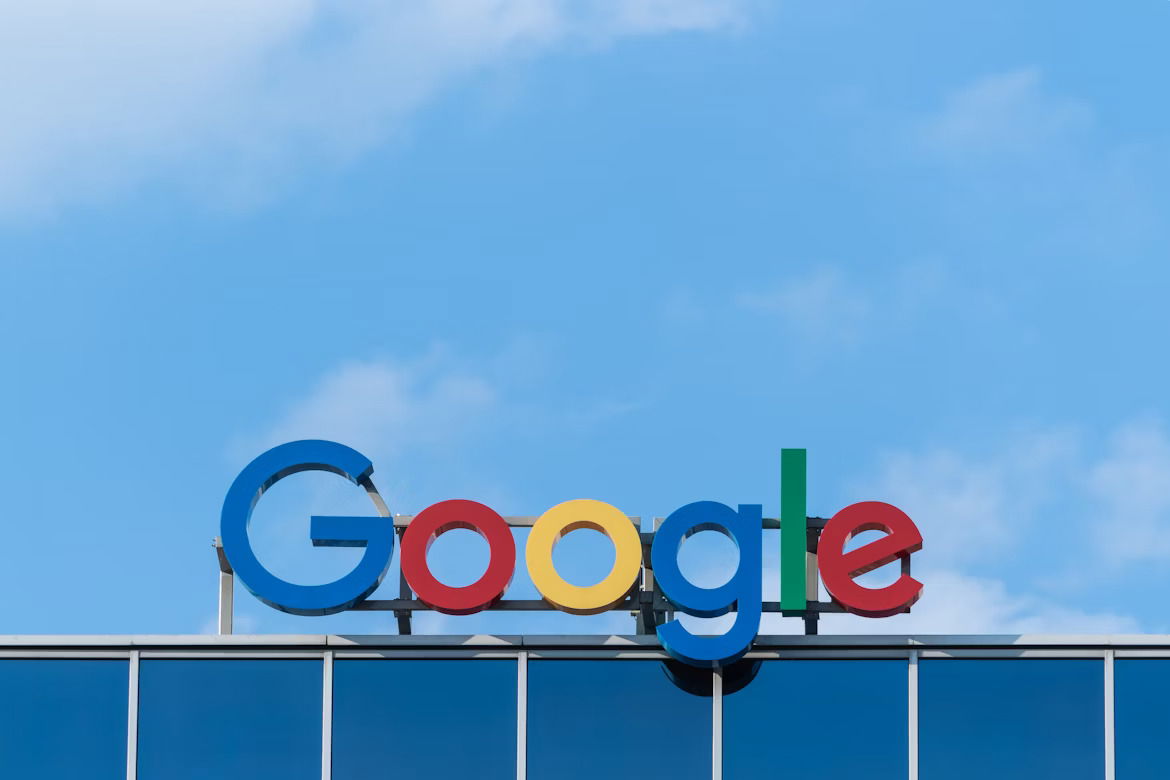The Current Climate
Emerging trends show that Gen Z is turning to TikTok for finding the best coffee spots, discovering new dinner recipes, and planning holiday itineraries. A study revealed that up to 40% of young people now use TikTok as their main search engine. Younger users prefer personalised platforms like TikTok and Instagram for information about brands, products, and services.
Since its launch in 2016, TikTok has rapidly grown in popularity and is now reportedly valued at around $100 billion.
The way people search for information is evolving, with Gen Z and Millennials favouring quick, visually engaging content. While older generations might turn to Google Maps or Search, younger users head to TikTok for visual, up-to-date recommendations on the best spots in town. What does this mean for Google?
TikTok Controversy
Not only a tool for finding the nearest happy hour, research from The New York Times found that some users use TikTok to discover conspiracy theories and receive political updates. The Times reports that TikTok’s algorithm delivers quick, relevant information, but users often turn to Google to fact-check with more reliable sources. Professor Francesca Tripodi at the University of North Carolina warns that TikTok’s rise as a search engine could spread misinformation, as seen with the war in Ukraine and U.S. elections.
This view appears to be mirrored throughout the US, as last month, headlines of TikTok’s demise flooded the mainstream media. U.S. President Biden passed legislation that could trigger a nationwide ban of TikTok if its Chinese owner does not sell it. This is due to (unsubstantiated) fears of spying on the U.S. government, and the spread of propaganda on the app, interfering with the U.S. elections.
This led to calls for the ByteDance owned app to be divested from its Chinese owner, citing hazards of misinformation and privacy concerns. If it is to be sold, it would be done so without its unique algorithm responsible for the effective manner in which videos are served to users. This would devalue the app, and would result in reconfiguring the TikTok landscape responsible for its success. Perhaps TikTok is not as threatening to Google as it may seem…

Google Bites Back
User behaviour is undoubtedly changing, but in-person experiences still matter to Gen Z. According to Vogue, 74% of Gen Z shoppers value in-person experiences more than digital ones. Seventy-three percent prefer making purchases in-store, although they often conduct thorough online research first, usually on Google, which holds 90% of the global search engine market share. YouTube, the world’s second-largest search engine after Google, also plays a vital role.
Google’s internal data shows that young people use TikTok differently from Google. Search engines are now defined by their ability to meet user demands, not just index web content.
Will TikTok Take Over?
TikTok offers a new, engaging way to search and consume content, building infrastructure around search capabilities, making it crucial for brands targeting younger audiences to stay updated. However, it’s unlikely to surpass Google as the leading search engine any time soon. With two trillion searches annually, Google remains a powerhouse in the search engine world and is implementing strategies to strengthen its position, such as:
- Multi-search capabilities (e.g., reverse image search)
- Visual search results, integrating TikTok videos and YouTube shorts in search results and maps
- A dynamic shopping experience
- Faster search results with in-depth answers
- Enhanced Google Maps for better engagement
Previous industry trends remind us of the rapid growth of apps like Snapchat and Vine, but trends can fade quickly. Google’s reliable and sustainable presence continues to solidify its dominance amongst search engines.

What Does This Mean For Your Business?
TikTok’s emergence as a search engine has several implications for businesses. Leveraging TikTok’s popularity can expand your reach among younger, diverse audiences. At the same time, optimising content for Google remains essential for visibility through traditional search queries. A holistic approach is crucial. Combining proven SEO strategies with specialised social marketing services will boost your rankings on any platform.
Establishing a Winning Strategy
Building a strong brand presence requires a mix of social media and traditional search. It is also essential to understand your audience, and the best strategy required to reach them efficiently and economically to uplift your brand awareness, and ultimately, your return on ad spend.
At nimbl, we understand the importance of a comprehensive strategy. From SEO to paid search and social media marketing, we know how to elevate your brand across all platforms. If you’d like to learn more, we’re here to help you navigate the evolving digital landscape.






